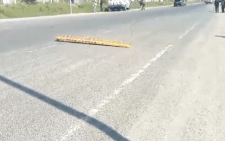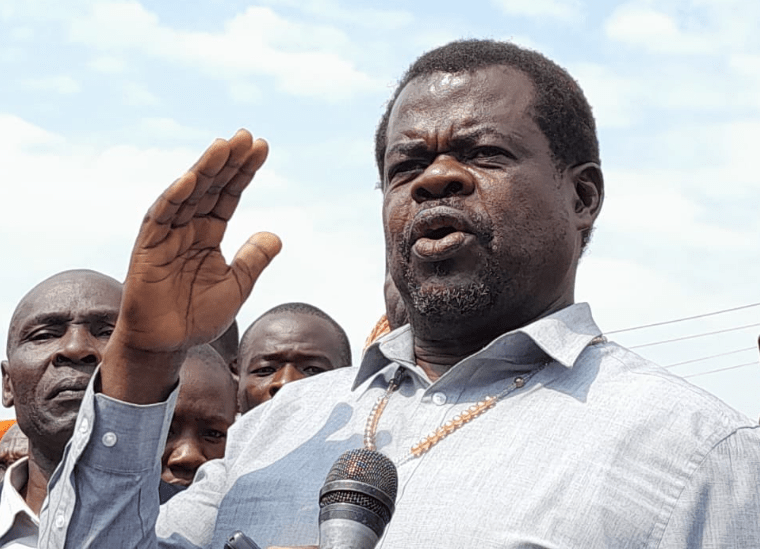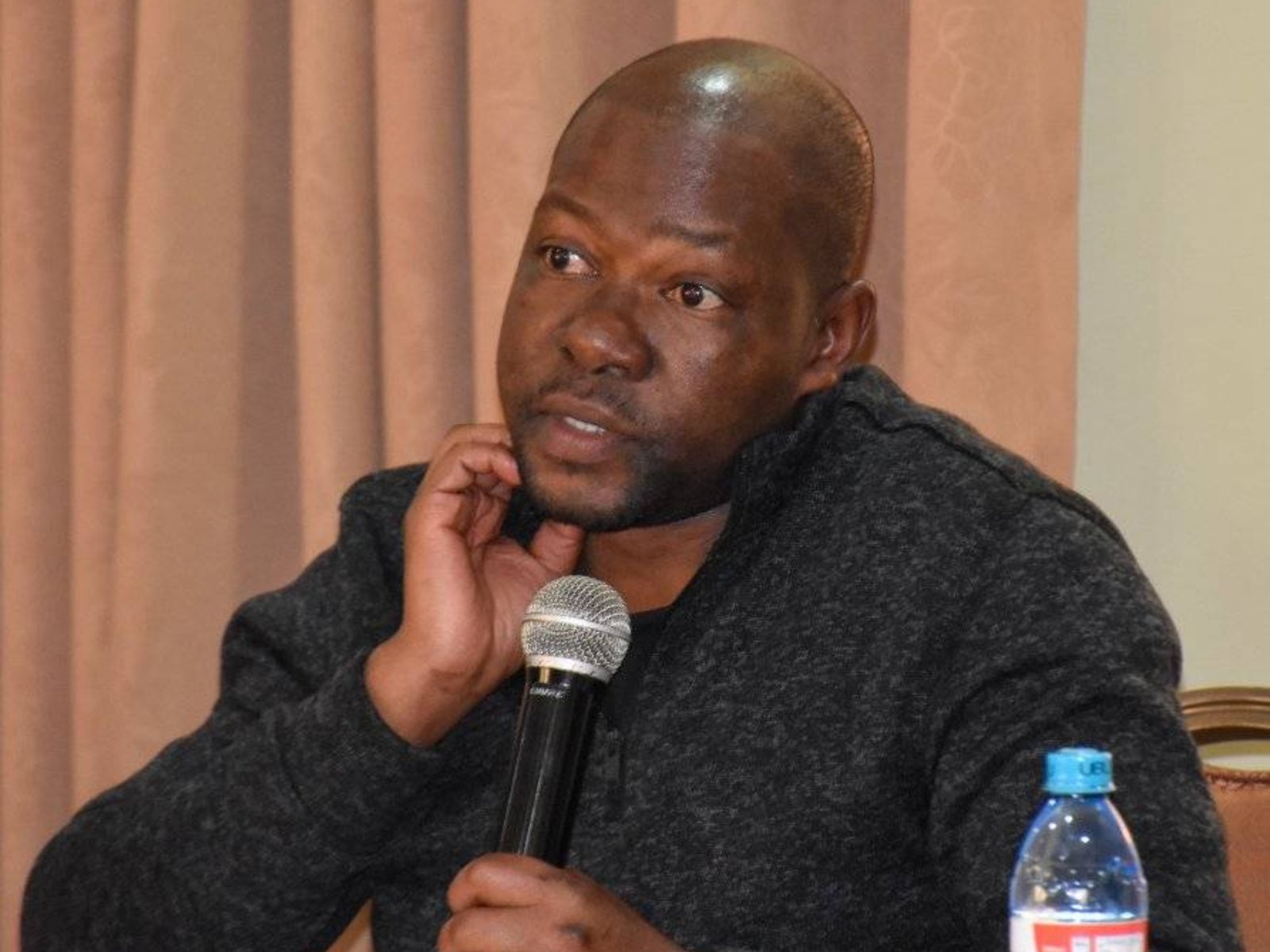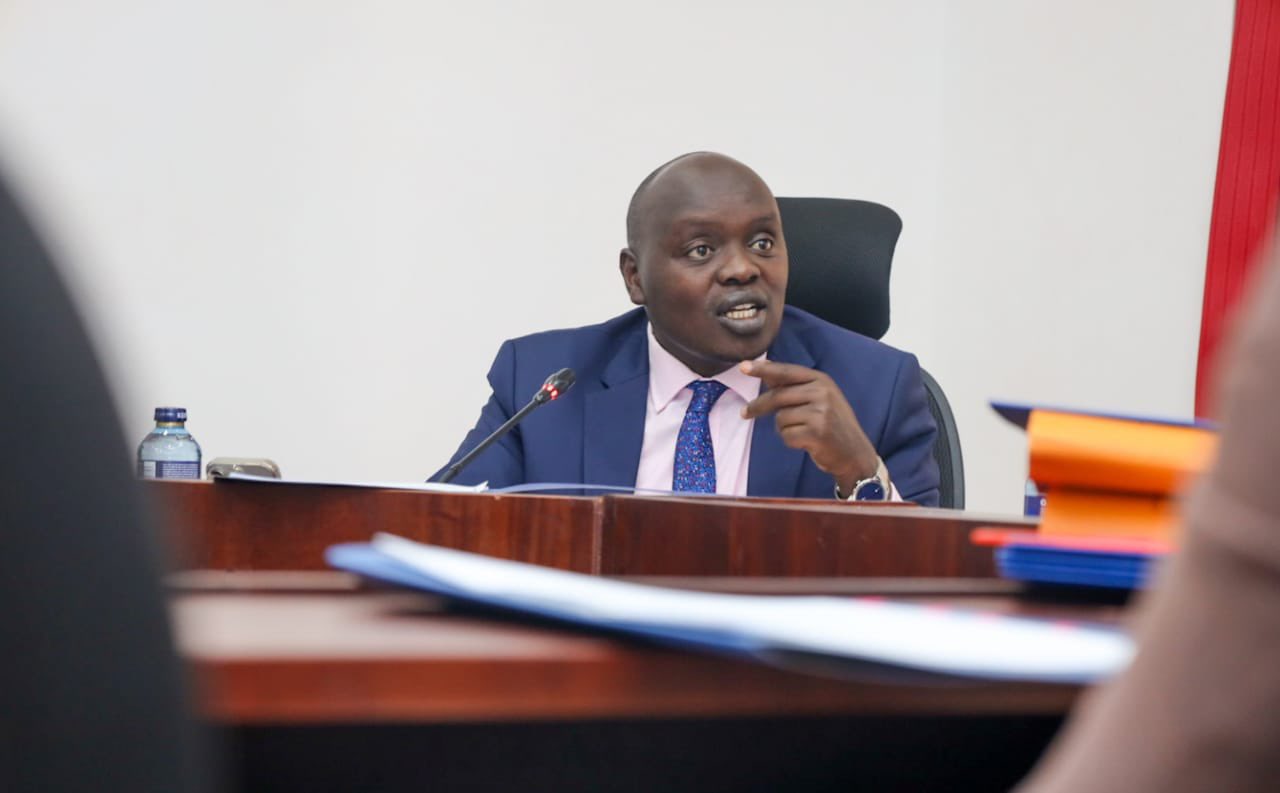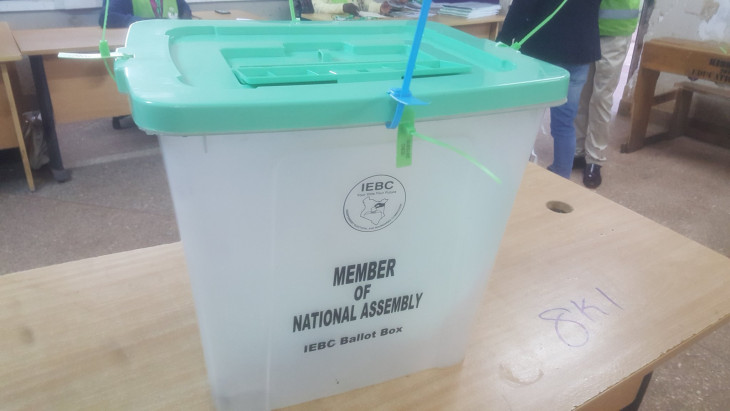Address lecturers’ grievances promptly
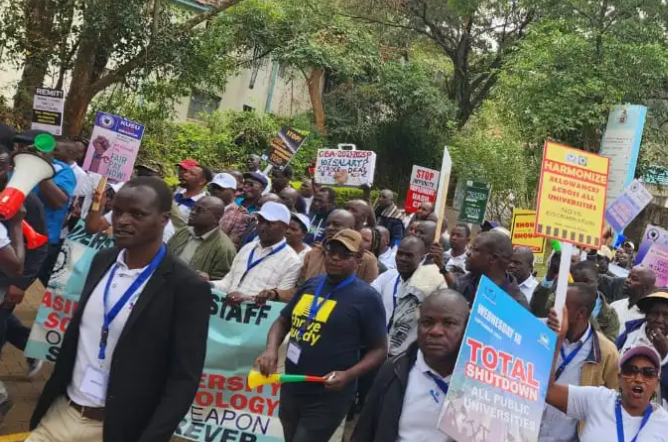
Barely a month after signing a return-to-work formula with the government, lecturers at public universities are threatening to down tools, arguing that officials had failed to implement the agreement.
The government signed an MoU with lecturers in September after a strike paralysed learning at all 35 public universities as they demanded that collective bargaining agreements for 2013-2017, 2017-2021, 2021-2025 be implemented.
The agreement, brokered by Labour Cabinet Secretary Alfred Mutua, would have seen dons in job groups 13A, 14A and 15A get a seven percent increase on their basic salaries, while those in groups 10A, 11A and 12A were to get a 10 percent raise.
Lecturers were also to benefit from an automatic annual increase computed at four percent of the basic salary for the two years of the CBA cycle that began on July 1, 2023.
That the government has failed to honour an agreement it reached with lecturers only a month ago speaks volumes about how the Kenya Kwanza government has been handling matters related to university education.
Only days before lecturers took industrial action in September, there had been uproar and confusion at public universities over the government’s unilateral implementation of a new funding model based on a means testing formula that saw the fate of thousands of needy students hanging in the balance after they were placed in what they saw as the wrong bands.
Students and experts say the new model was discriminatory and punitive, particularly towards students from disadvantaged backgrounds.
They also argued that the new system would limit access to higher education for many, as it would make it difficult for students from low-income families to afford tuition fees.
The model’s reliance on family contributions, even if minimal, has placed an additional burden on low-income households already struggling with high living costs.
And even before the government addresses the confusion created by the new funding model, another crisis is in the offing as a result of the government’s failure to honour an MoU it signed with the dons.
If the government seeks to nurture a thriving academic community, it must create a safe space for constructive dialogue and negotiation, rather than resorting to intimidation as has been the case in sectors such as health and aviation where workers have had to go on strike to have their grievances addressed.
The lecturers’ demands are not merely self-serving; they speak to the core of what quality education entails.
